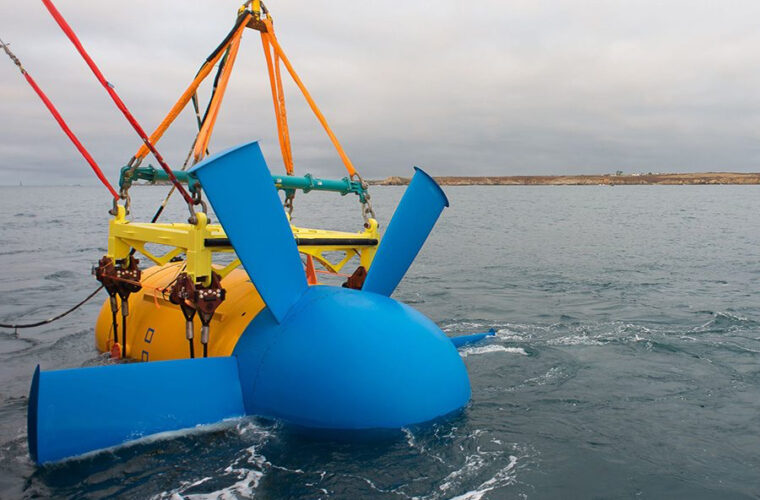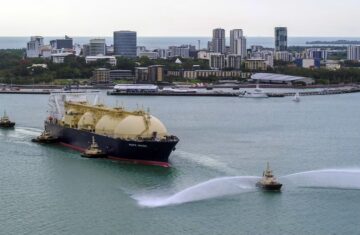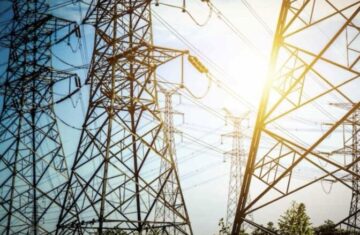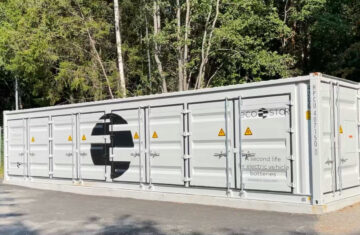The Growth of Marine Energy in France: Harnessing the Power of the Sea
Marine energy, derived from oceanic sources such as tides, waves, and currents, is rapidly gaining attention as a sustainable and renewable energy solution in France. With its extensive coastline and favorable marine conditions, France is uniquely positioned to capitalize on this emerging energy sector. This article provides a comprehensive overview of marine energy in France, examining its current status, potential, challenges, and future opportunities, supported by official statistics and credible sources.
Understanding Marine Energy
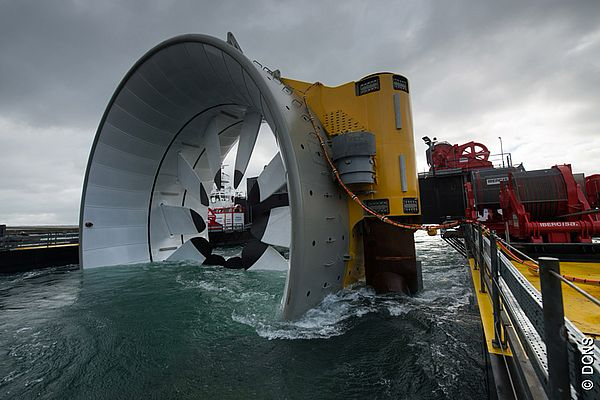
What is Marine Energy?
Marine energy refers to the energy generated from the sea through various technologies that harness the power of ocean waves, tides, and currents. The primary types of marine energy include:
- Tidal Energy: Generated from the gravitational pull of the moon and sun, leading to the rise and fall of ocean tides.
- Wave Energy: Produced from the surface motion of the sea, harnessed using various technologies.
- Ocean Thermal Energy Conversion (OTEC): Utilizes temperature differences between warmer surface water and colder deep water to generate electricity.
Importance of Marine Energy in France
As a nation with the second-largest exclusive economic zone in the world, France has significant potential for marine energy development. By 2022, marine energy accounted for approximately 0.2% of France’s total electricity generation, with substantial room for growth as technology advances and investment increases.
Current Marine Energy Capacity in France
Installed Marine Energy Capacity
As of 2022, France has an installed marine energy capacity of approximately 450 MW. This capacity primarily comes from tidal and wave energy projects, showcasing the country’s commitment to diversifying its renewable energy sources.
Key Statistics
- Total Installed Marine Energy Capacity: 450 MW
- Annual Marine Energy Generation (2022): Approximately 1 TWh
- Percentage of Total Electricity Generation: 0.2%
Major Marine Energy Projects in France
France is actively developing several notable marine energy projects that contribute to its energy mix:
- La Rance Tidal Power Plant: Located in Brittany, this facility has a capacity of 240 MW and is one of the world’s first tidal power plants, operational since 1966.
- Paimpol-Bréhat Tidal Pilot Project: This project aims to test and demonstrate new tidal energy technologies with a capacity of 1.5 MW.
- The EMEC Tidal Test Site: The European Marine Energy Centre (EMEC) in Brittany serves as a testing ground for innovative marine energy technologies.
The Role of Marine Energy in France’s Renewable Energy Strategy
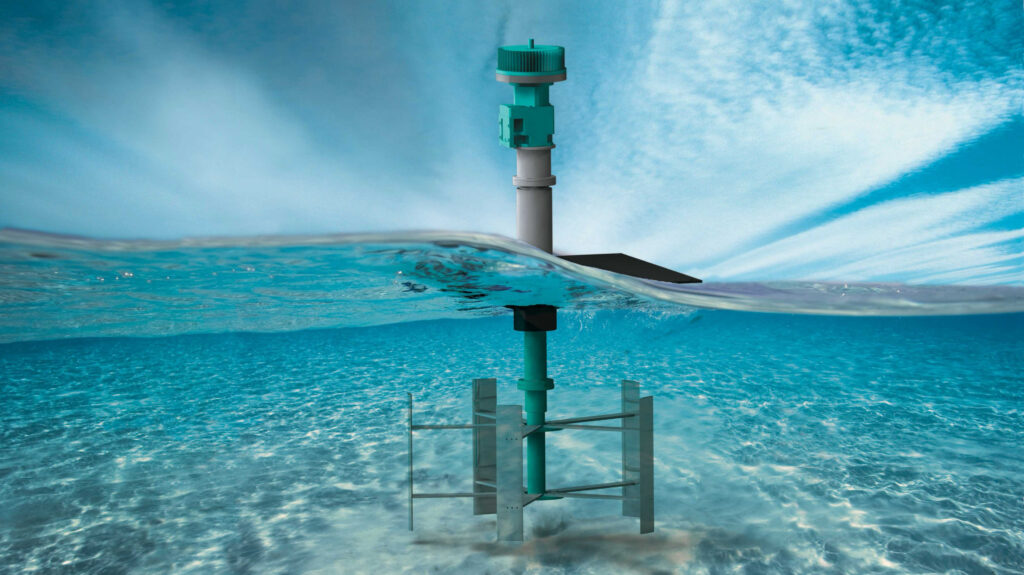
National Energy and Climate Plan (NECP)
France’s National Energy and Climate Plan (NECP) outlines the government’s commitment to increasing the share of renewable energy sources. The plan aims for 40% of total electricity generation to come from renewables by 2030, with marine energy expected to play a significant role in achieving this goal.
EU Regulations and Support
As a member of the European Union, France adheres to various regulations that promote renewable energy. The EU Renewable Energy Directive sets ambitious targets for member states, encouraging the adoption of marine energy technologies.
Advantages of Marine Energy
Renewable and Sustainable
Marine energy is a renewable resource that relies on natural processes, producing minimal greenhouse gas emissions. This makes it a sustainable option for meeting energy demands while combating climate change.
Predictability and Reliability
One of the significant advantages of marine energy, particularly tidal energy, is its predictability. Unlike solar and wind energy, marine energy can be forecasted accurately, providing a stable and reliable energy source.
Economic Opportunities
Investing in marine energy can create jobs and stimulate local economies. According to the International Renewable Energy Agency (IRENA), the marine energy sector could generate thousands of jobs in France by 2030 through project development and maintenance.
Energy Security
Utilizing marine energy reduces reliance on imported fossil fuels. This energy independence is crucial for enhancing national security and stabilizing energy prices.
Challenges Facing Marine Energy in France
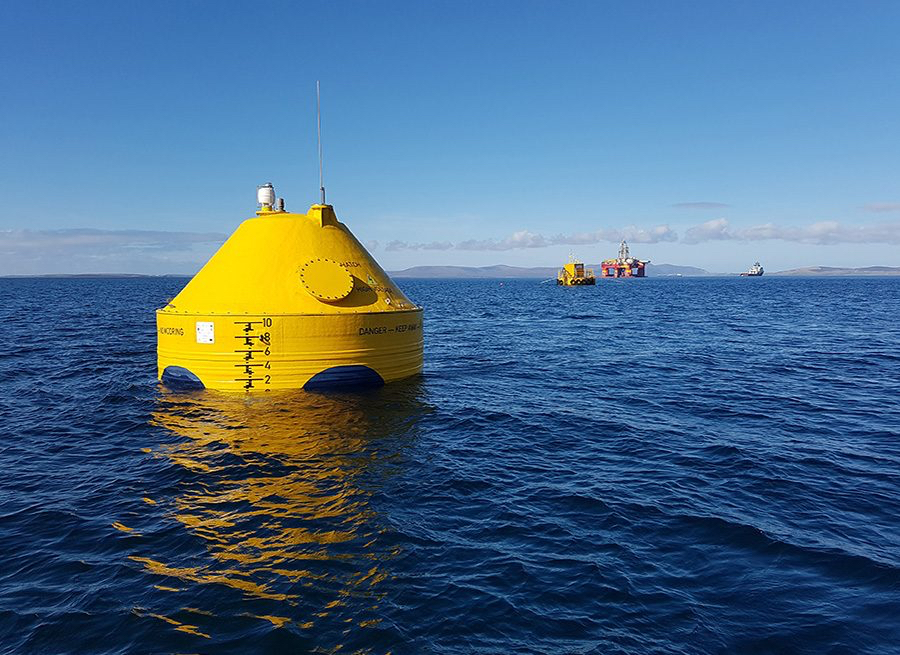
High Initial Investment Costs
The capital costs for marine energy projects can be substantial, particularly for research, development, and infrastructure. Financial incentives and government support are essential to encourage investment in this sector.
Environmental Concerns
While marine energy is generally considered environmentally friendly, it can have localized impacts on marine ecosystems. Careful site selection and environmental assessments are necessary to minimize these effects.
Regulatory and Bureaucratic Hurdles
Navigating the regulatory landscape for marine energy projects can be complex. Delays in obtaining permits and approvals can hinder the development of new marine energy facilities.
Technological Maturity
Marine energy technologies are still in the early stages of development compared to other renewable sources. Continued research and innovation are needed to improve efficiency and reduce costs.
Future Prospects for Marine Energy in France
Technological Innovations
Advancements in marine energy technologies, such as improved turbine designs and wave energy converters, promise to enhance efficiency and reduce costs. Continued investment in research and development is crucial for unlocking the full potential of marine energy.
Expansion of Tidal and Wave Energy Projects
France has significant opportunities to expand its portfolio of tidal and wave energy projects. By leveraging its extensive coastline, the country can significantly increase its marine energy capacity.
Integration with Other Renewable Sources
Combining marine energy with other renewable sources, such as solar and wind, can enhance energy security and provide a more stable energy supply. This integrated approach helps balance supply and demand, particularly during periods of variable energy generation.
Community Engagement and Investment
Encouraging community involvement in marine energy projects can foster local acceptance and investment. Community-owned marine energy facilities can provide economic benefits while promoting sustainable energy practices.
Conclusion
Marine energy is a vital component of France’s renewable energy landscape, offering numerous benefits for energy security, sustainability, and economic development. With its growing capacity and significant potential, marine energy can play a crucial role in achieving France’s energy and climate goals. While challenges remain, technological innovations and supportive policies can help France harness its marine energy potential for a sustainable future.
References
- National Energy and Climate Plan (NECP)
- International Renewable Energy Agency (IRENA)
- European Commission – Renewable Energy
- International Energy Agency (IEA)
- Marine Energy Europe
